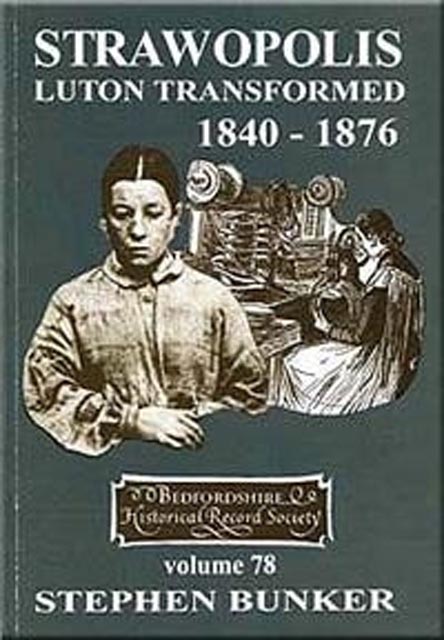Book contents
- Frontmatter
- Dedication
- Contents
- List of Illustrations
- Acknowledgements
- Abbreviations
- Introduction
- Chapter One Hats, Land and Houses
- Chapter Two The Board of Health
- Chapter Three Society: Belief and Behaviour
- Chapter Four Politics, Power and Self-determination
- Epilogue
- Biographical notes
- Notes on place names
- Bibliography
- Sources
- Name of Index
- Subject Index
- Recent Publications
Chapter Four - Politics, Power and Self-determination
Published online by Cambridge University Press: 03 August 2023
- Frontmatter
- Dedication
- Contents
- List of Illustrations
- Acknowledgements
- Abbreviations
- Introduction
- Chapter One Hats, Land and Houses
- Chapter Two The Board of Health
- Chapter Three Society: Belief and Behaviour
- Chapter Four Politics, Power and Self-determination
- Epilogue
- Biographical notes
- Notes on place names
- Bibliography
- Sources
- Name of Index
- Subject Index
- Recent Publications
Summary
… I believe the heterogeneous character of the new streets of Luton, arose out of a dogged, pugnacious spirit of independence … The fact is, Luton is a complete nest of freeholders, as canvassing candidates find to their cost before an election. (Letter from “Edward’ to ‘Tom’, Beds Times 23 September 1848).
Summarising the influence of various controllers of estates in England and Wales, David Cannadine wrote that ”… generalising about Victorian landowners is almost as hazardous as generalising about Victorian cities: there is a constant need to do full justice to the local, the particular, the individual and the idiosyncratic’. In Luton, a town shorn of the influence of concentrated estate and economic interests, the significance of the individual, even the idiosyncratic, was given sharper focus. No group or class controlled the town and consideration of the various factors which influenced Luton's internal politics must always bear in mind the absence of a manifested awareness of collective identity.
Only in relations with Bedfordshire, as represented by the Russells or the influence of the county through the magistracy, was there any sign of a desire to assert a collective or specifically Lutonian will, and even here there is doubt as to how far beyond the confines of a section of the upper middle class this motivation really went. The primary influence over the successive drives for borough status appears neither to be a desire for Luton to assert itself positively as a distinctive entity nor a desire on the part of a section of its society to assume control over the town. Instead negative feelings provided the imperative - dissatisfaction with the grip which Bedfordshire still held on a town with which it increasingly had little in common, and displeasure at the performance of the assortment of local boards which administered some aspects of Luton's affairs.
Part One. Internal Relations
The failure of institutions
The character, economy and social composition of the early market town had been shattered by a phenomenal transformation. An echo of the old rural links remained, such as the Corn Exchange, but its market town functions were swiftly diminishing. The new Corn Exchange served primarily as a meeting hall; the Plait Halls were to hold a decreasing proportion of local plait as the twentieth century approached; manorial functions, such as the Court Leet, were already anachronisms.
- Type
- Chapter
- Information
- StrawopolisLuton Transformed 1840-1876, pp. 203 - 246Publisher: Boydell & BrewerFirst published in: 2023



